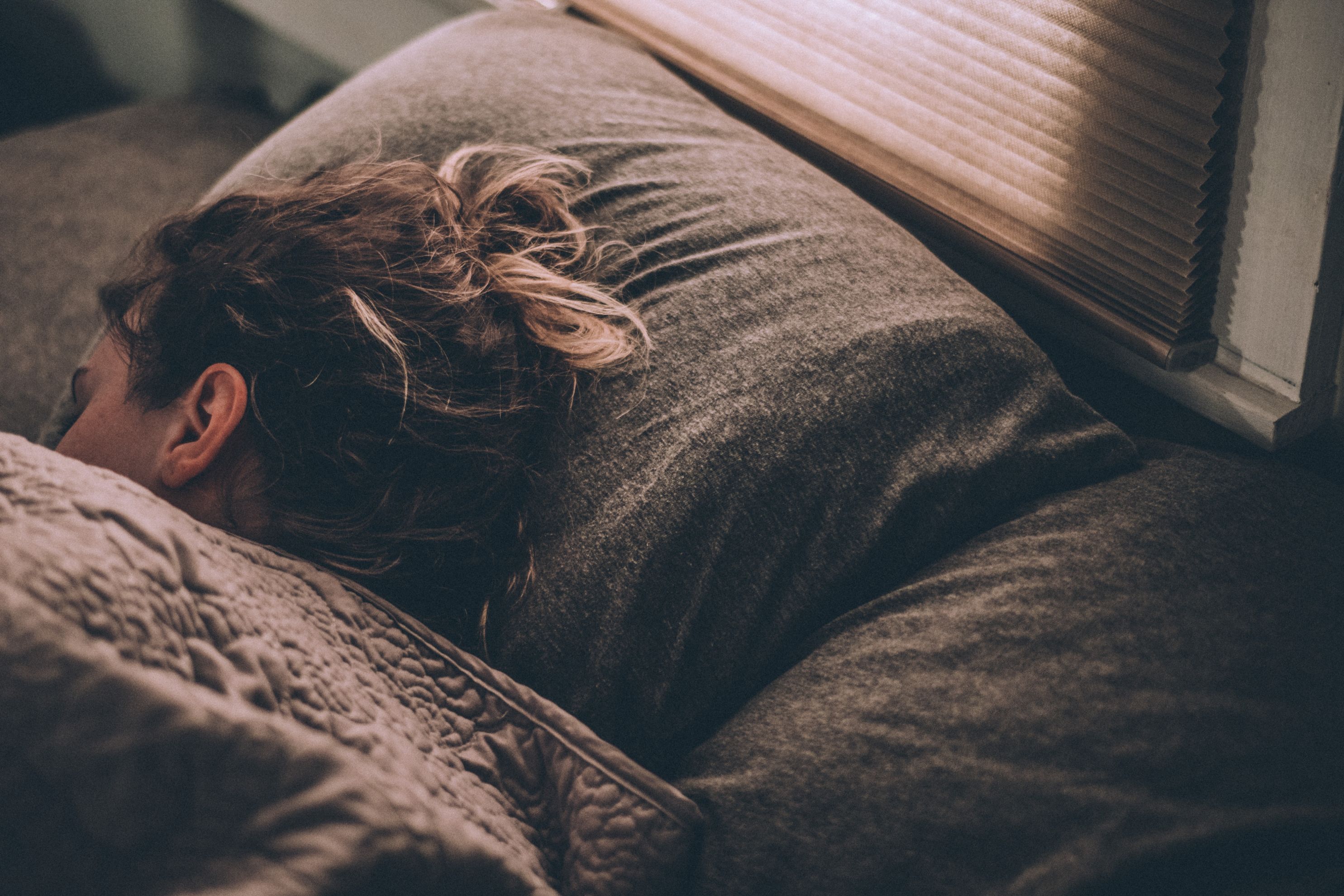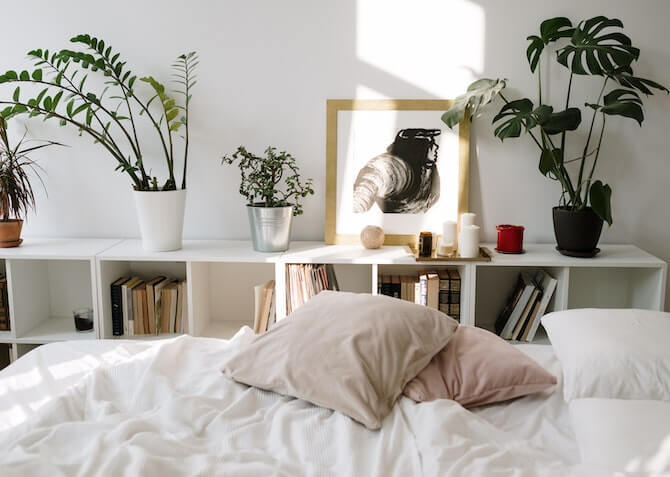
5 Tips for Getting Healthy Sleep at University
If you're moving away from university, the first few weeks of term can be very hectic.
Between all the new lectures to get acquainted with and the countless social events, it can be tough to find a minute to yourself when you can stop and relax.
When there is so much filling your schedule, it can be tempting to burn the candle at both ends and push back your bedtime to fit everything in.
However, if you're hoping to hit the ground running at university, you must continue to get a healthy level of sleep so that you can stay focused.
To help you out, we've put together five tips for balancing your university life and sleep so that you can thrive in your new surroundings.
Stick to a regular sleep routine (even at the weekend)
As humans, we're creatures of habit that benefit from set patterns in our lives, especially when it comes to sleep.
Not only do we need between 7–9 hours each night, but going to bed and getting up at the same time helps to reinforce our rest time and make it easier to drift off and feel wakeful.
When those early days of university are so irregular and new, it can be difficult to stick to that steady schedule that you're used to. Therefore, you mustn't neglect sleep, and take extra care to plan your days around a regular bedtime and waking time — even at the weekend!
While it's fine to have the odd late night now and again, just make sure it doesn't turn into a habit every night.
Turn your room into a sleep-friendly environment

To give yourself the best chance of quality sleep, you need to make sure your new accommodation has all the essentials: darkness, a cool temperature (16–18°C), and a comfy, supportive bed.
If your room is missing just one of these, you'll probably not achieve the healthy sleep you need for all that work and play that comes with university.
While no one is expecting you to give your digs a pricey makeover, there are cost-effective ways to turn your space into a sleep haven.
To keep things dark, you can pick up some cheap temporary blackout blinds to block out light or, failing that, a quality sleep mask.
If you can't set an individual temperature in your room, you can try opening a window or setting up a space heater.
You can also switch to a lighter or heavier duvet. If your mattress pains you, invest in a mattress topper to improve supportiveness and comfort.
For some inspiration, check out our style guide about how to decorate your student digs to bring some of your own personality to your new room.
Avoid the wrong food and drink before bedtime
If you've moved to a big city for university, you'll probably find that there are more food and drink options available to you all day.
And, with the huge number of social occasions on offer during Fresher's Week and beyond, the motivation to dine out and drink more than usual can be quite high.
However, it would be best if you were careful not to routinely consume items that can hamper your sleep close to your bedtime.
At university, two of the biggest sleep disruptors to watch out for are caffeine and alcohol, both of which can put you at a disadvantage when drunk late at night.
Eating a big meal can also prove to be problematic for sleep, as your digestive system will remain active and make it less comfortable as you try to drift off.
So, try to put a few hours between your bedtime and alcohol, caffeine, and any big meals you plan on enjoying.
Unlock the power of napping during the day

If you feel particularly sleepy in between lectures or tired in the afternoon after a big night out, there's something you can do to feel more refreshed: take a nap.
While you might think that napping contradicts our tip to stick to a regular rest schedule, it's possible to take a quick nap that won't impact your snoozing cycle if you limit yourself and don't oversleep.
Ideally, the longest you should be napping without affecting your body clock is 90 minutes, as this is the length of time it takes for a full sleep cycle.
At this length, you'll boost your mood, improve your memory, and increase creativity, while also avoiding any grogginess.
Check out our blog post on the art of napping to get more tips on taking the perfect nap.
Learn to deal with those noisy housemates
Many students have only ever lived at home with family before moving away and going into a houseshare or halls with other people their age.
If this is the case, it may come as a shock if some of your flatmates turn out to be noisy night owls who stay up late and make a bit of a racket.
While this isn't ideal for your sleep, it's best to have a chat early on during your living arrangement to explain that you need a solid night's sleep without disturbance.
If they continue to make a noise, you can always put in some earplugs and enjoy a peaceful slumber.
Take our advice on board and you'll be able to adjust your sleep routine for university without any hitches. Please feel free to get in touch if you have any questions. For more sleep-related advice, be sure to check out our Slumber Club blog this blog on a regular basis, as well as our advice centre.








Leave a Reply